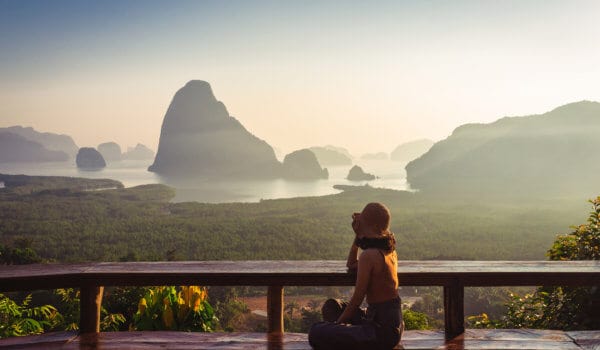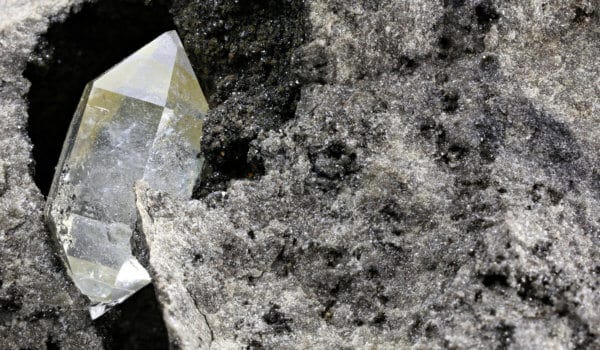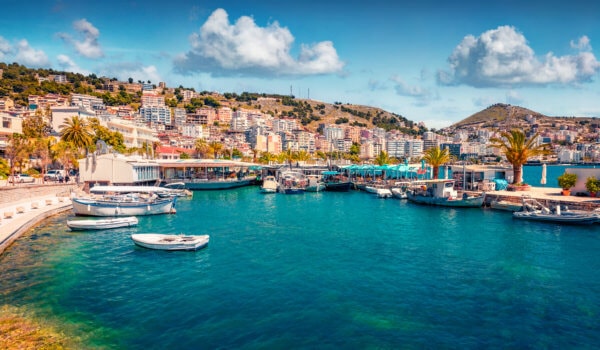The former Sugar Bowl of the world welcomed 4.2 million tourists in 2017, according to the national tourism agency, Viajes Cuba. The place 'where fertile land is abundant' (the meaning of cubao) is a ‘socialist El Dorado’, and Cuba is today a popular destination for tourists from all over the world.
However, taking into consideration its sensitive domestic context, tourists have “huge moral responsibilities”, believes the documentary producer Marc Temmerman. Mr. Temmerman, who guides us today through the Pearl of the Caribbean, is the maker of the recently released documentary Cuba – (r)evolution d’un rêve [tr. Cuba – (r)evolution of a dream].
“We should not go innocently to Cuba, we need to know its past, which is both historical and political. Cuba is not only a land for tourism”, emphasises Marc Temmerman at the very beginning of our discussion. He spent weeks working on his documentary, and the most he wants is to send a message to tourists. “Do not forget it is still a dictatorship, with real poverty, even if this poverty is not miserable. Preparing one’s trip to Cuba should be accompanied by deep understanding of the country’s historical background”, highlights the filmmaker.
A country of paradoxes: education, organic farming, and building renovation

Havana, Cuba – people negotiating with the taxi driver about the fare
First of all, Marc Temmerman was surprised to find a very educated population despite the rudimentary living conditions in most of the country. Cuba’s education success story goes back to the late ’50s, when Fidel Castro made it a national priority to increase the degree of literacy and grant access to education for all. However, today a doctor may earn much less than a taxi driver on the streets of Havana. Speaking about education, one can also bring into the discussion the government’s controls on Internet access across the country.

Trinidad, Cuba – secondary school children, dressed in the national school uniforms
The second paradox Mr Temmerman highlights is the phenomenon of developing alternative systems for living. “There a significant alternative economy across the country. There is organic farming, for instance, not because they have this so-called European vocation to eat biologically, but simply because they don’t have any other choice”, says Mr. Temmerman. Indeed, much has been written about the small-scale organic farming revolution in Cuba as the country had to tackle food shortages after the Soviet collapse, when it lost ~80% of its international trade.

Cuban street in Trinidad, Cuba
Another interesting fact is Cubans’ capacity for – and to a certain extent mania for – renovating buildings with improvised construction components, in the absence of the most common construction materials. Marc Temmerman explains that one can easily fall into the trap of assuming that “Cubans are renovating them for tourism, but I personally believe they are extremely aware of their historical past and the need to maintain”.
Talking politics: not-so-easy
Politics in Cuba remains taboo or rather must-not-be-mentioned when socialising with locals. During his research for the documentary, Marc Temmerman found 3 phases: getting in contact with the Cubans is at the beginning very commercial based on persuading people to buy stuff. The next phase is rather getting to know the Cubans, to the point that they begin to feel confident enough to complain about living conditions and their day-to-day lives.
The most advanced phase of confidence-building paves the way to more personal stories and anecdotes about the regime. “I have noticed that the revolutionary ideals from 50 years ago don’t generate much passion among the Cuban people today, but nobody would say it in front of a camera. They are living in a so called soft form of dictatorship, which is discreet, but highly present in Cuban society”, comments Mr. Temmerman.
Photos: Shutterstock
Support us!
All your donations will be used to pay the magazine’s journalists and to support the ongoing costs of maintaining the site.
Share this post
Interested in co-operating with us?
We are open to co-operation from writers and businesses alike. You can reach us on our email at cooperations@youthtimemag.com/magazine@youthtimemag.com and we will get back to you as quick as we can.









